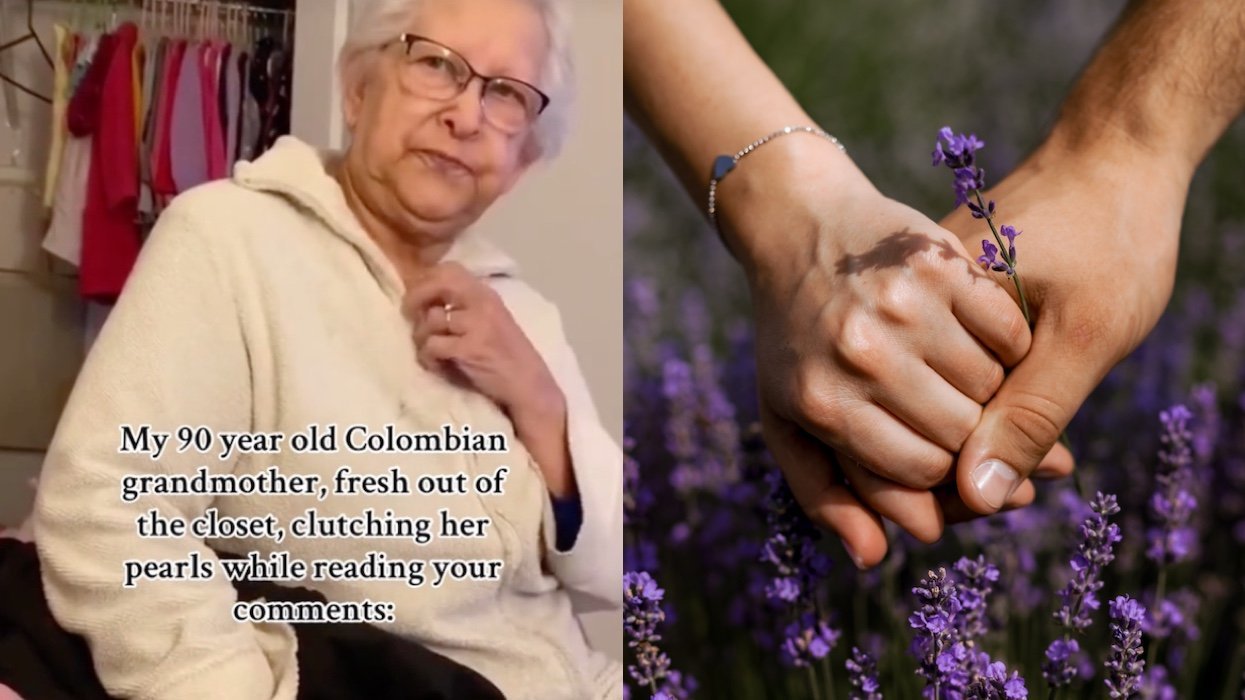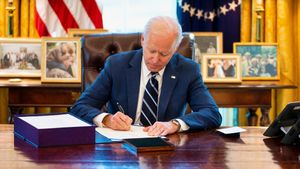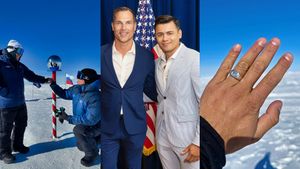People who do not
have HIV but seek antiretroviral medications following
high-risk sexual encounters are very likely to complete the
full monthlong drug regimen, according to a new UCLA
AIDS Institute study.
The researchers
recommend that the city of Los Angeles make postexposure
HIV prophylaxis available to those who have engaged in
high-risk sex. This is a common practice for health
care workers who inadvertently stick themselves with
needles.
Steven Shoptaw,
professor of family medicine and psychiatry at the David
Geffen School of Medicine at the University of California,
Los Angeles, and a member of the UCLA AIDS
Institute, referring to the study in a press
release, said this is a socio-economic issue because
such a program would provide care for people who cannot
normally afford it.
"It is our belief
that we have a responsibility to provide that level of
protection to all our citizens," Shoptaw said in the
statement. "These data show that when this kind of
prevention is made available, the at-risk community
will access and use it."
Researchers based
their conclusions on a study of 100 people who recieved
HIV medication after unprotected, high-risk sex. Each
participant was given 28 days' worth of lamivudine and
zidovudine as well as HIV tests and physical
examinations, and was scheduled for a follow-up visit 26
weeks later. Participants were highly educated in general;
63% were gay, and 95% were male.
Of the
participants, 75% completed the monthlong drug treatment,
and none were found to have contracted HIV.
"We have
2,000-plus HIV infections in this county every year, and
that rate has been stable for a number of years, which
signifies that behavioral prevention has reached its
peak," Shoptaw said. "Having postexposure prophylaxis
available may provide another arrow in the quiver to
prevent new HIV infections." (The Advocate)

















































































